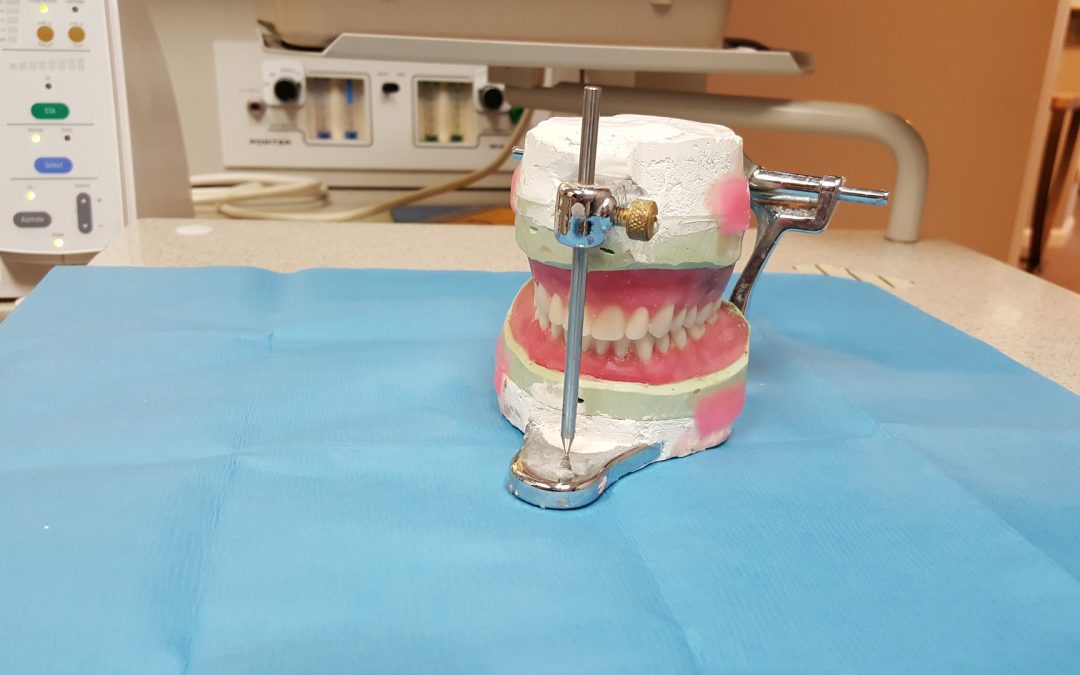The Masseter is strongest muscle in the body based on its weight. It is the facial muscle responsible for biting down, chewing and clenching. With forces like that, it is not hard to believe that a denture crack, break or fracture while in use. When the day comes that your denture needs repair, what do you do?
- NEVER try to Super Glue your denture … Never!
- Super glue can permanently ruin your dentures
- Super glue is also not healthy to swallow as your saliva slowly dissolves it
- Save all the pieces if any
- Call and make an appointment at Woodside
- It may be a chipped tooth, broken tooth, crack or a fracture. With our in-house lab, repairs are usually completed same day.
How to minimize the possibility of your dentures chipping, cracking or breaking
- When cleaning your denture, always line your sink with a face cloth or fill sink with some water first. This will cushion the impact of your dentures if they slip out of your hands.
- A denture hitting a hard surface can result in a chip or crack in your denture.
- A partial denture hitting a hard surface can bend a clasp out of place.
- If you have dogs, keep your dentures in a safe and secure spot when taking them out (your denture case).
- Dogs love chewing on dentures because of the smell and the taste, because it is hard, this can cause multiple fractures, and in some cases the dog may swallow some of the pieces.
- If you sleep with your dentures in and have a tendency to clench or grind your teeth, it is a good idea to invest in a mouth guard to protect your dentures.
- Keep biting down on hard foods like nuts and candies to a minimal
If you a have Partial Denture:
- Never bite the denture into place
- Never grip your partials too hard, especially around clasps
- Be careful not to drop the partial on hard surfaces, it can land on a clasp and bend it out of place.
- Be careful the clasps don’t get snagged on a towel or cloth
Keep up with regular maintenance if needed
- Get sore spots adjusted, changing your bite to accommodate sore spots can cause misalignment and uneven forces
- If your denture feels misaligned after inserted, make sure you contact the denturist
Be sure to keep up with your regular recommended scheduled relines.
- Biting down on a loose denture can cause a misaligned force onto the denture, which can cause the denture to chip, crack or fracture.
- Relines are recommended every 2 years and are usually covered by many insurances and seniors’ programs
If your dentures have broken before or if the dentures are too old there is a higher chance of dentures breaking.
- New dentures are recommended every 5 to 7 years
Coverage is usually available every 5 years by many insurance or seniors’ programs

